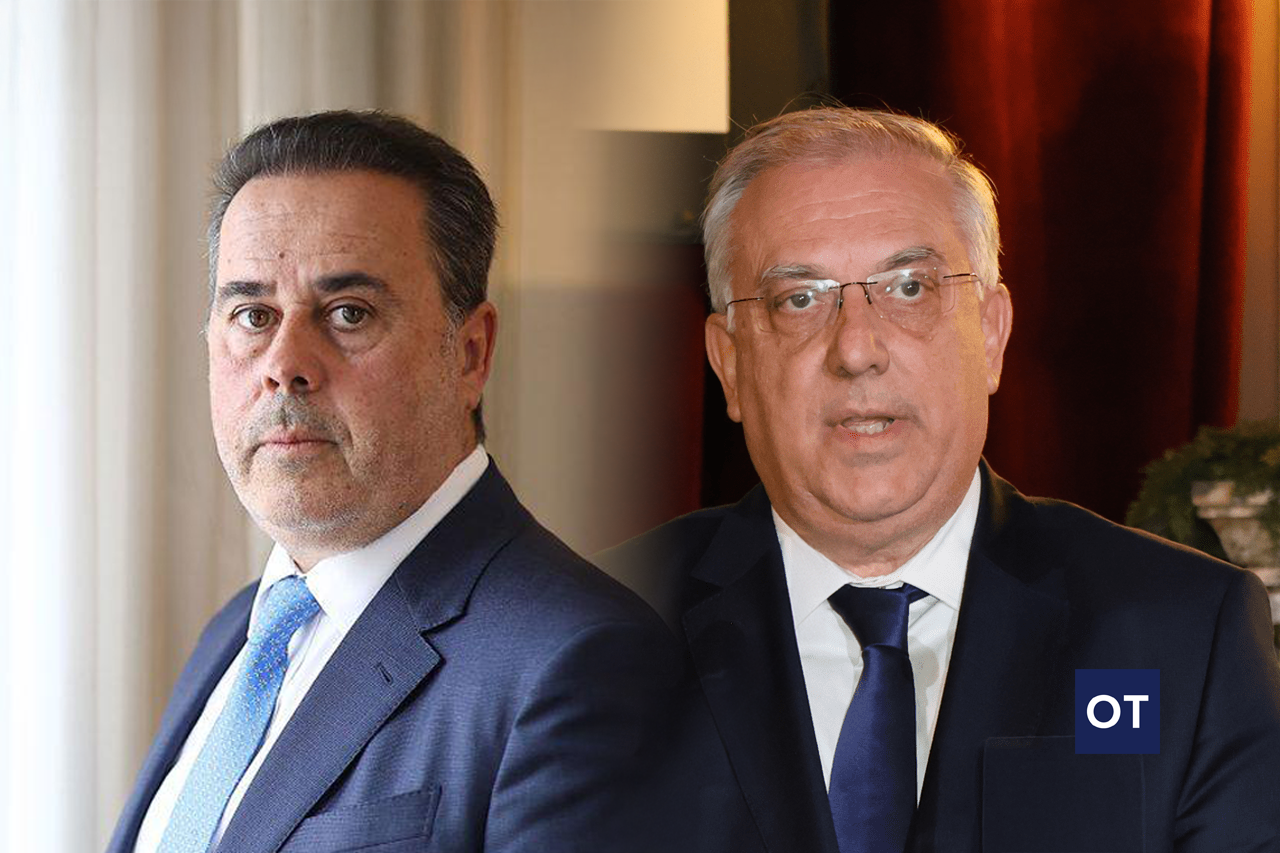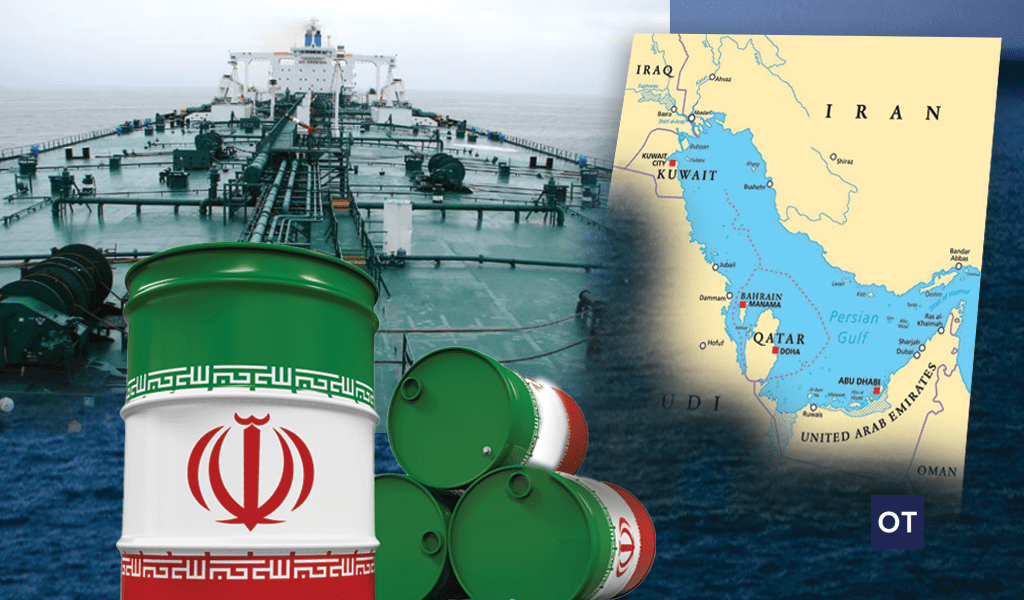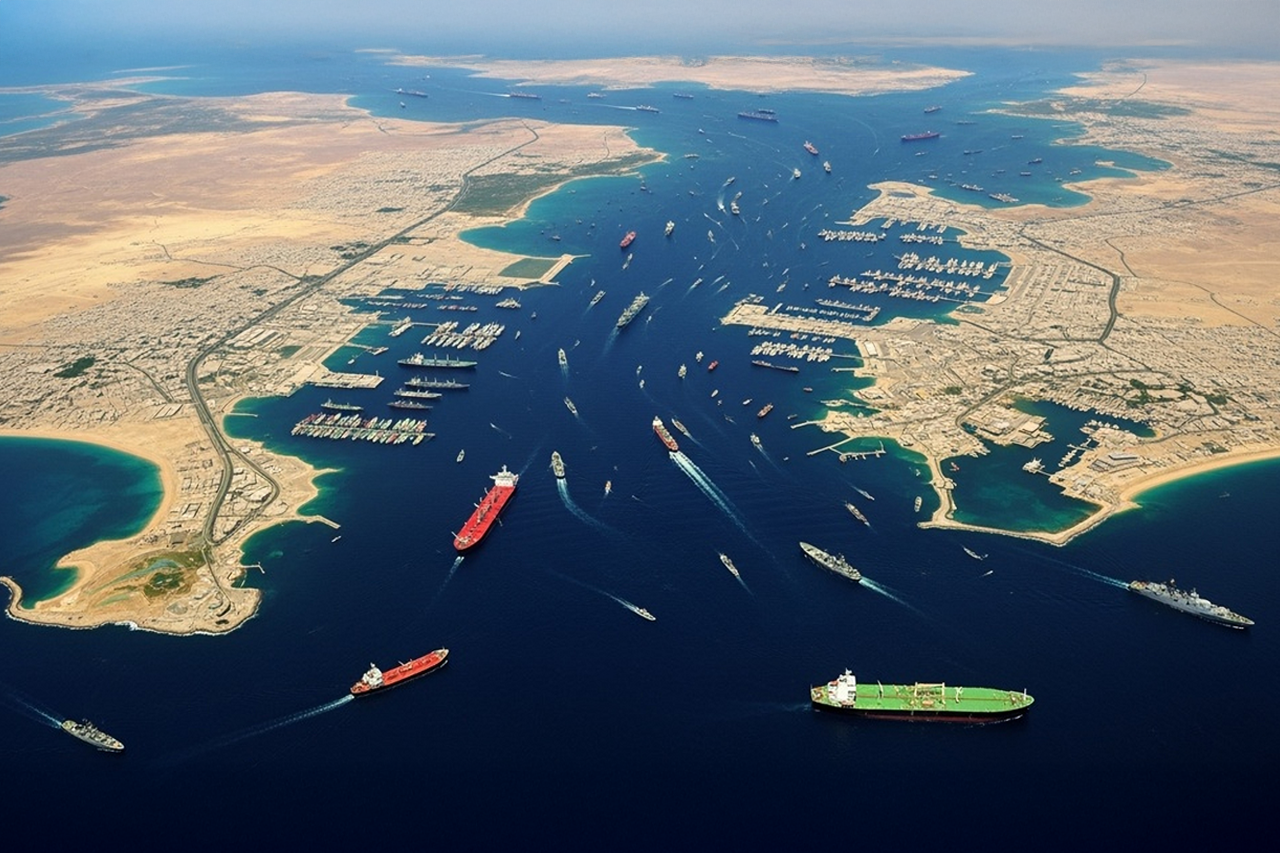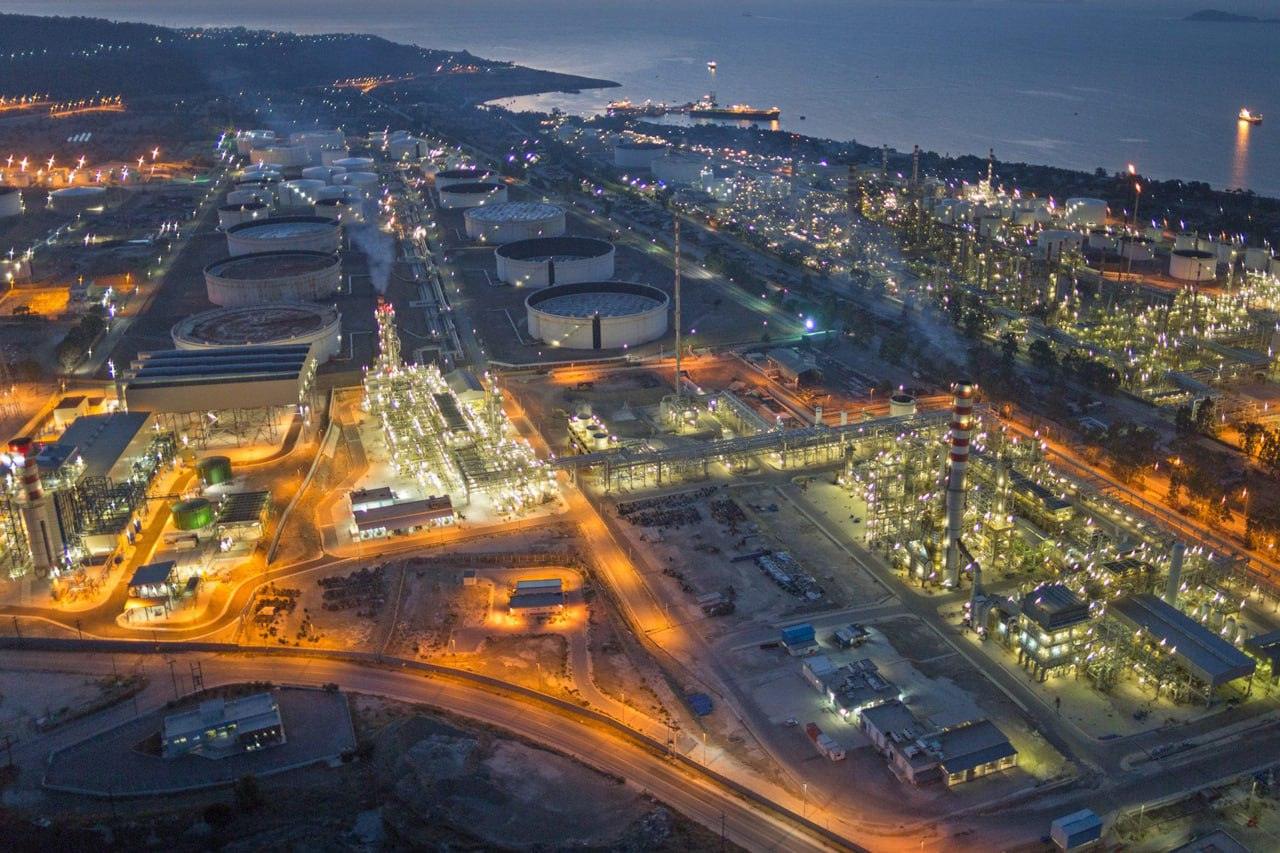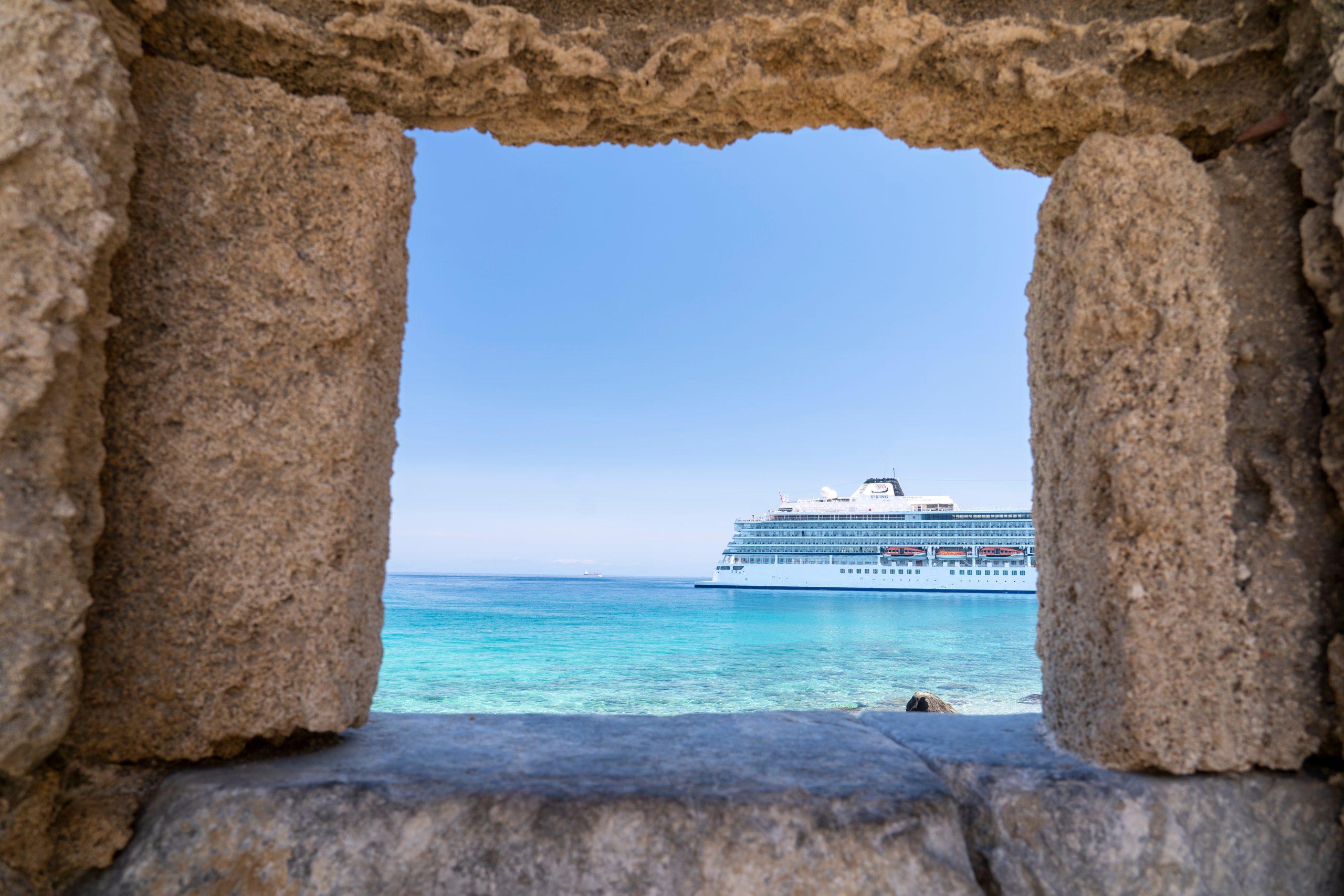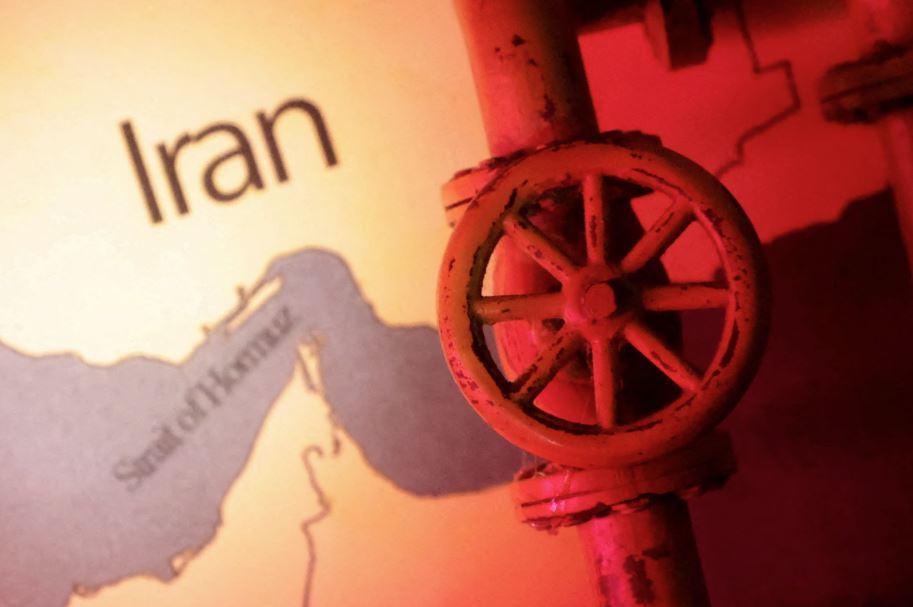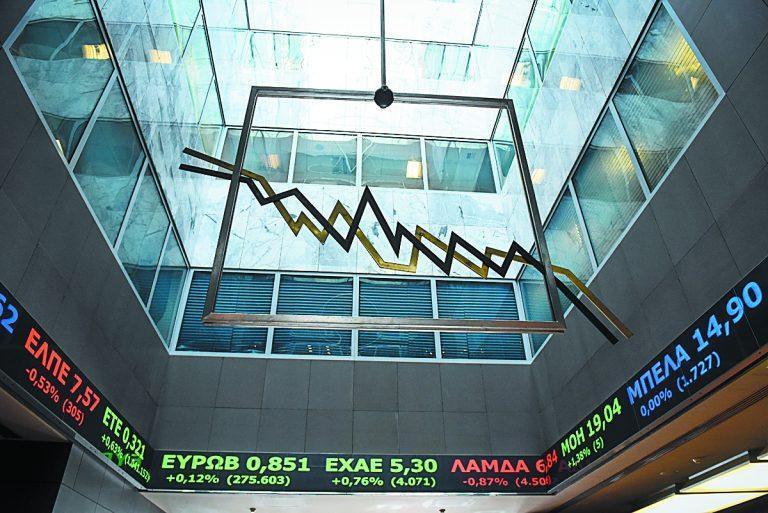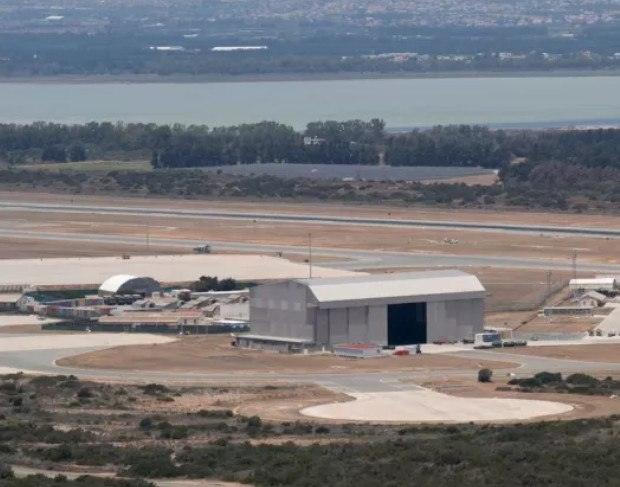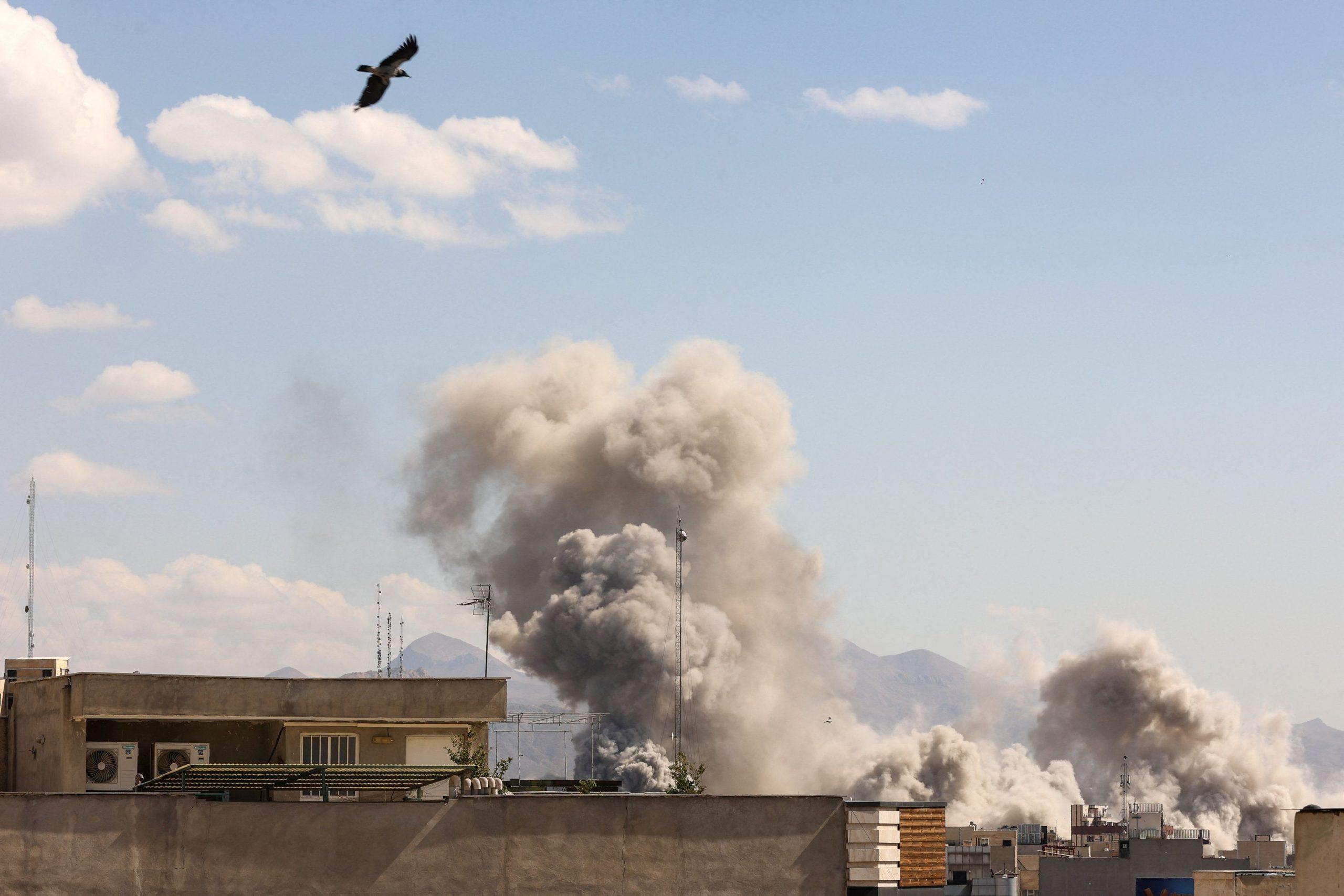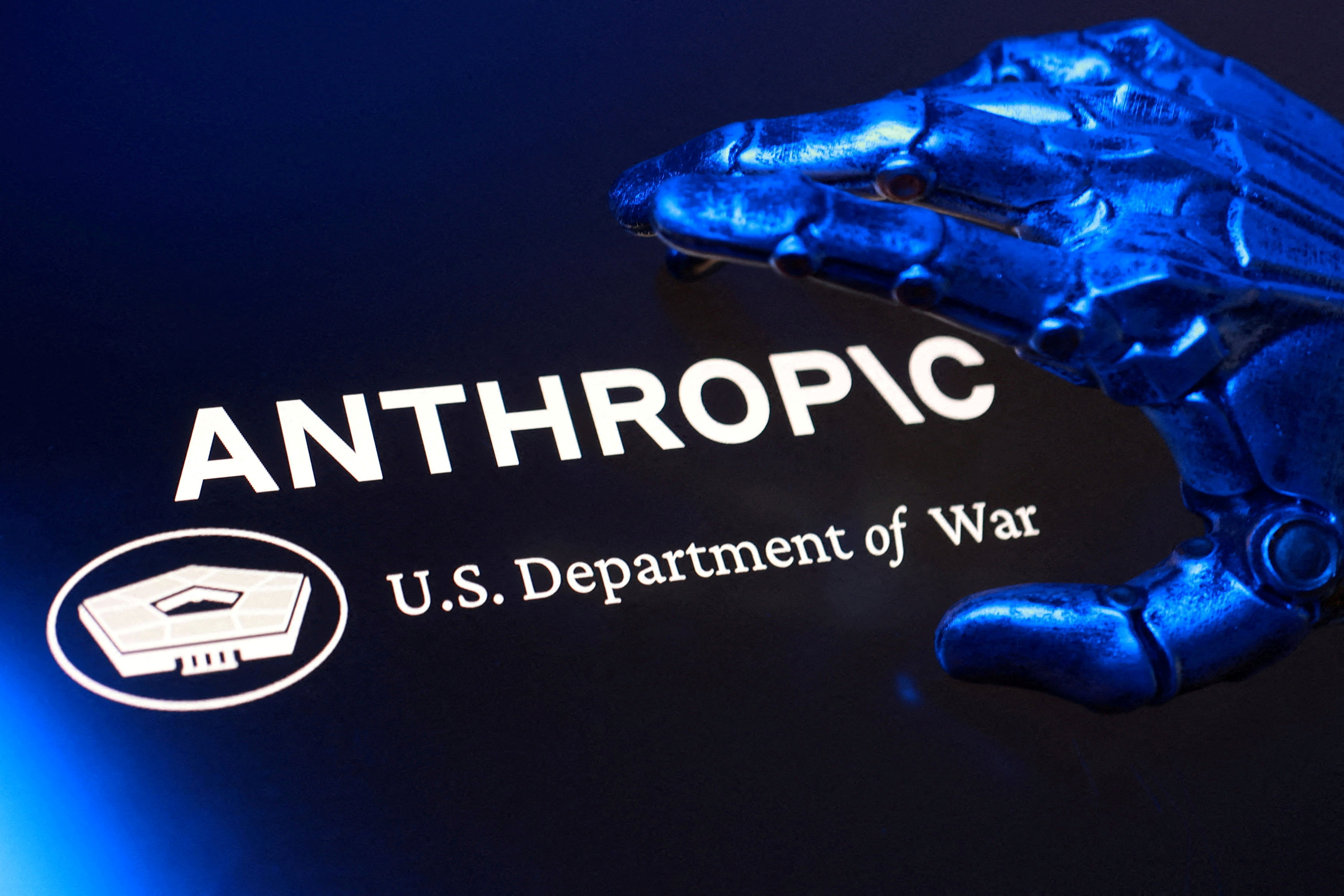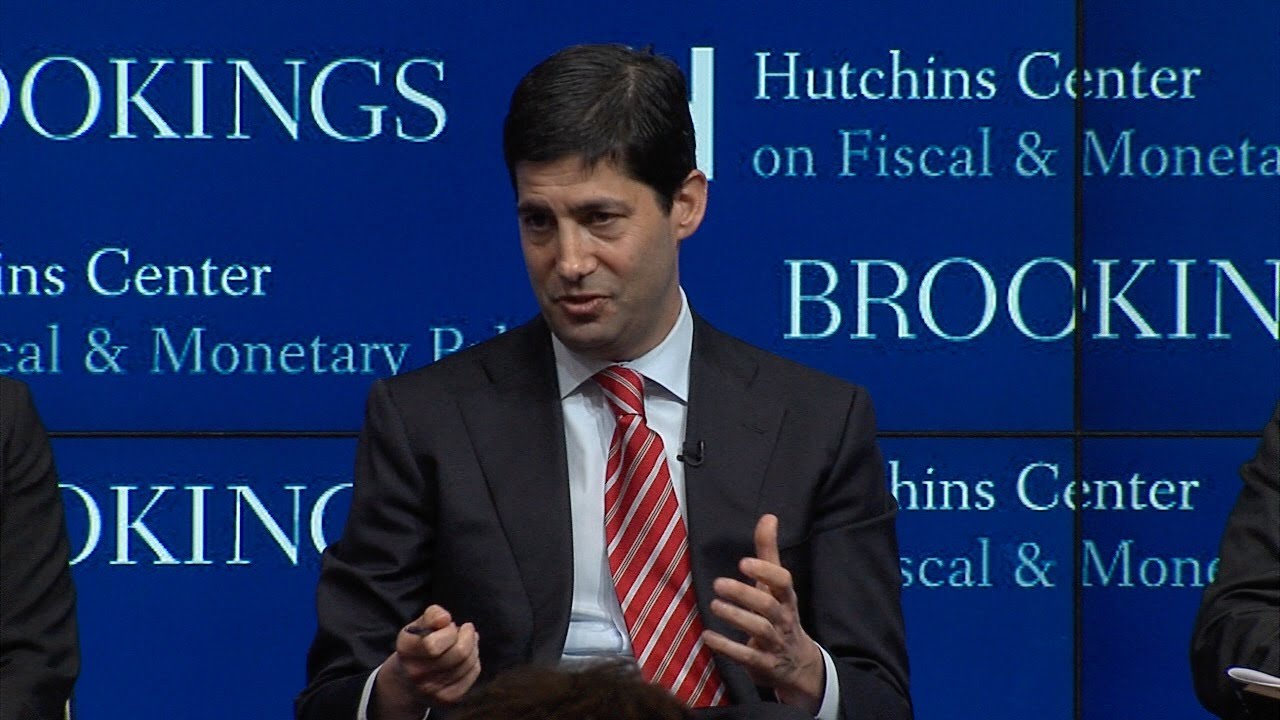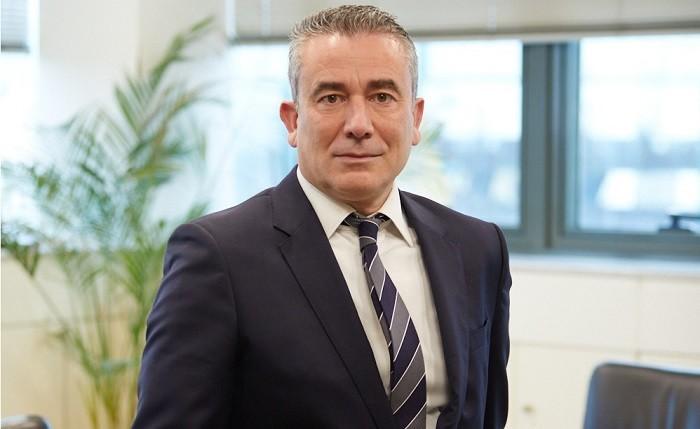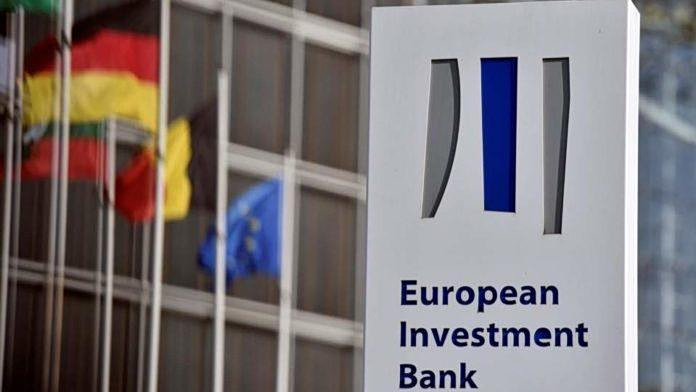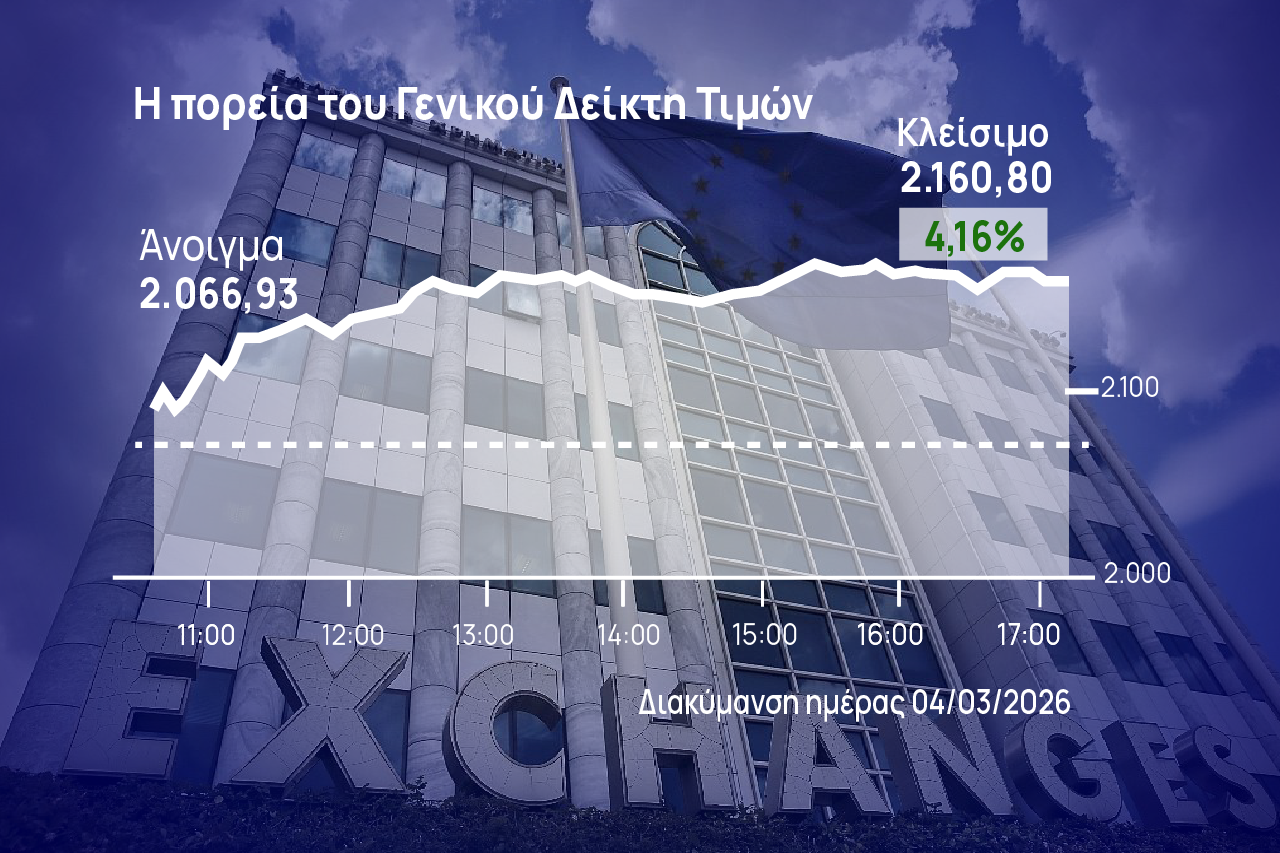Libya’s foreign minister from the transitional government will meet his Greek counterpart Giorgos Gerapetritis in Athens today, with talks expected to focus on restarting negotiations over maritime boundaries in the Mediterranean.
Maritime disputes in focus
At the center of discussions will be the potential delimitation of the Exclusive Economic Zone (EEZ) and continental shelf between Greece and Libya. Both governments have already appointed technical committees, and Athens hopes the meeting will set a framework and timeline for renewed talks.
Greek officials stress, however, that no real progress can be made unless Tripoli withdraws from the 2019 Turkey-Libya maritime memorandum, which Athens deems illegal and invalid. The agreement, signed between Ankara and Libya’s then-government, claimed maritime zones overlapping with Greek waters. Gerapetritis is expected to reiterate Greece’s strong opposition during the talks.
No immediate breakthroughs expected
Athens does not expect tangible results from the meeting. Rather, officials see it as an opportunity to demonstrate readiness for dialogue with all sides in Libya and to highlight that, before 2011, Tripoli’s positions on maritime delimitation were largely in line with international maritime law.
Wider regional context
The talks come as international interest grows in offshore energy exploration south of Crete. U.S. energy giant Chevron has recently expressed official interest in two blocks in the area, implicitly confirming Greece’s baseline claims.
At the same time, both Libya and Turkey have lodged diplomatic notes at the United Nations contesting Greek rights to certain exploration zones, raising geopolitical tensions in the Eastern Mediterranean.
Migration and trade also on the table
The two ministers are also expected to discuss migration flows and economic cooperation. While irregular crossings from western Libya to Greece remain minimal, arrivals from other routes south of Crete are rising sharply, straining Greek authorities. Athens hopes to deepen collaboration with Tripoli in managing migration as well as boosting trade and investment ties.
Greece as mediator
Greek officials emphasize that Athens is among the few EU capitals maintaining open dialogue with both rival power centers in Libya. They argue this allows Greece to act as a “voice” for Libyans in Europe and at the United Nations, even as Libya’s transitional government faces internal instability and uncertainty over future elections.
Source: tovima.com
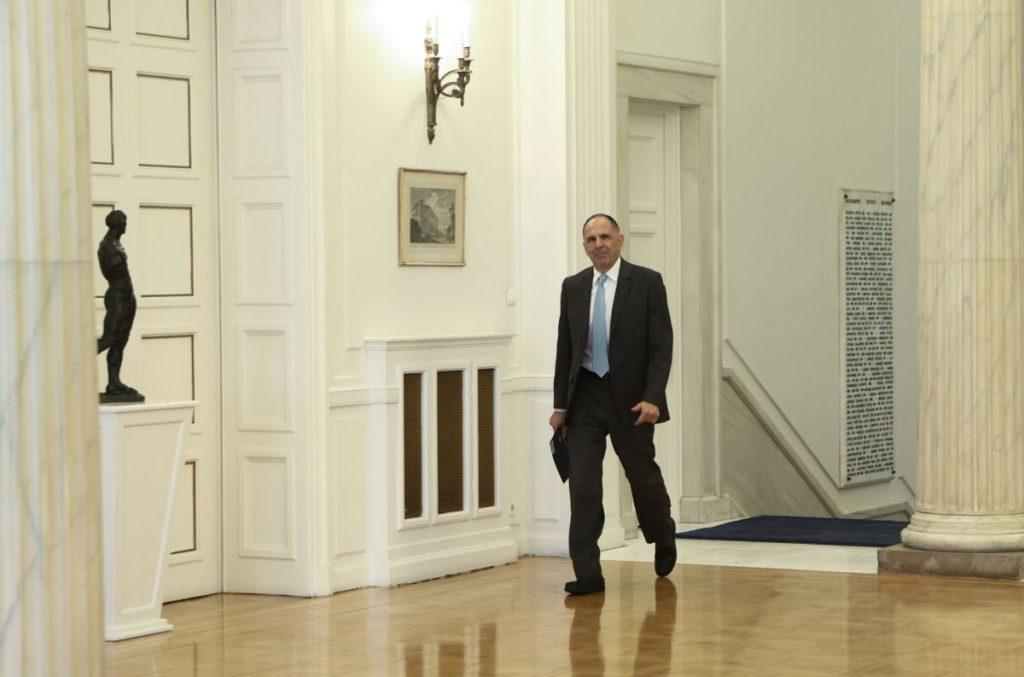



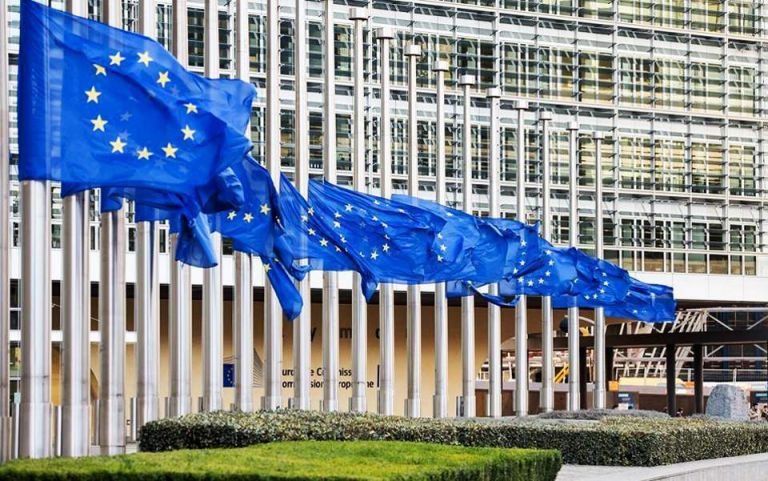
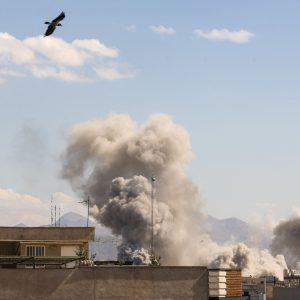

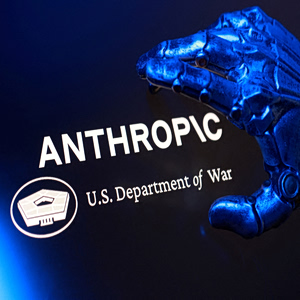



![Χρυσή λίρα: Μια ανάσα από τα 1.200 ευρώ η τιμής της [πίνακας]](https://www.ot.gr/wp-content/uploads/2026/03/ot_iran_war_lires_up.png)
